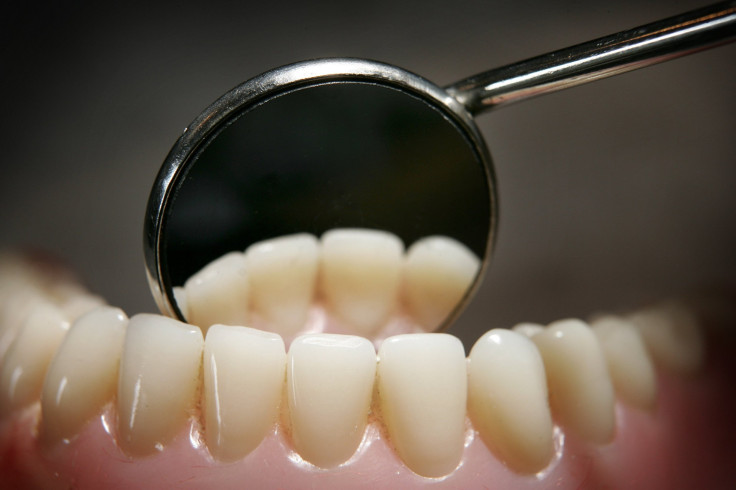Are Mental And Dental Health Linked? Study Sheds Light On The Association
KEY POINTS
- A new study had a closer look at the link between oral and mental health
- The odds of bleeding gums were greater with high internalizing of problems
- This is not the first time researchers have connected the two seemingly unrelated fields
What's the link between mental and dental health? Patients with adverse mental health conditions may have high levels of oral disease too, researchers have found.
The latest study was presented at the annual meeting of the American Association for Dental, Oral and Craniofacial Research on March 17. It looked at the connection between mental health and oral health.
For the work, the researchers looked at self-reported data from the Population Assessment of Tobacco and Health (PATH) study, which looks at tobacco use and its health outcomes on people in the U.S. They analyzed mental health symptoms across three disorder categories — internalizing, externalizing and substance abuse — and six oral outcomes, namely oral health, bleeding gums, loose teeth, tooth loss, gum disease, and bone loss.
The study included thousands of participants. Analysis of 2016 and 2018 data looked at the prevalence of oral health outcomes based on the severity of mental health outcomes. Oral health outcomes from 2018 to 2019 were also assessed based on the mental health problems noted in the earlier phase.
The results showed that all of the six adverse oral health outcomes actually had "statistically significant" higher prevalence with the increasing severity of mental health issues, noted the AADOCR. Although the associations with externalizing and substance use dissipated longitudinally, some of the associations with internalizing remained. For instance, the odds of bleeding gums were greater with high vs. none or low internalizing of problems.
Overall, the work shows a potential link between mental and dental health. Though the two fields may not be something that people typically connect, this may be something that practitioners should be aware of.
"The study concluded that providers should expect higher levels of oral disease among patients with adverse mental health conditions," the organization said.
This was not the first time that researchers connected the two seemingly unrelated fields. People with mental health illnesses have previously been found to have "suboptimal oral health," according to a study published online last year.
Some possible reasons for this could be giving oral health low priority, the "lack of alternative service models" for those with mental health problems, or care providers' low recognition of the association between oral and mental health, the researchers had noted.
"People are often surprised that their dental health is connected with their oral health, and their oral health, in turn, is connected with their mental health," psychologist Susan Albers said, according to the Cleveland Clinic. "But they're really interconnected."
It may be hard for some people with mental health issues to take care of themselves, even to do simple tasks such as caring for their teeth. Some may also be grinding their teeth at night, contributing to the problem.
Dental problems, in turn, may exacerbate mental health symptoms — for instance, by affecting the individual's self-esteem or triggering social anxiety, Albers explained.
The new study sheds further light on the relationship between dental and mental health. With better understanding and awareness of the possible association, patients can get the treatment that they need.
"These results may inform both medical and dental communities in diagnosing and providing treatment to individuals suffering from mental illness," noted the AADOCR.

© Copyright IBTimes 2025. All rights reserved.






















